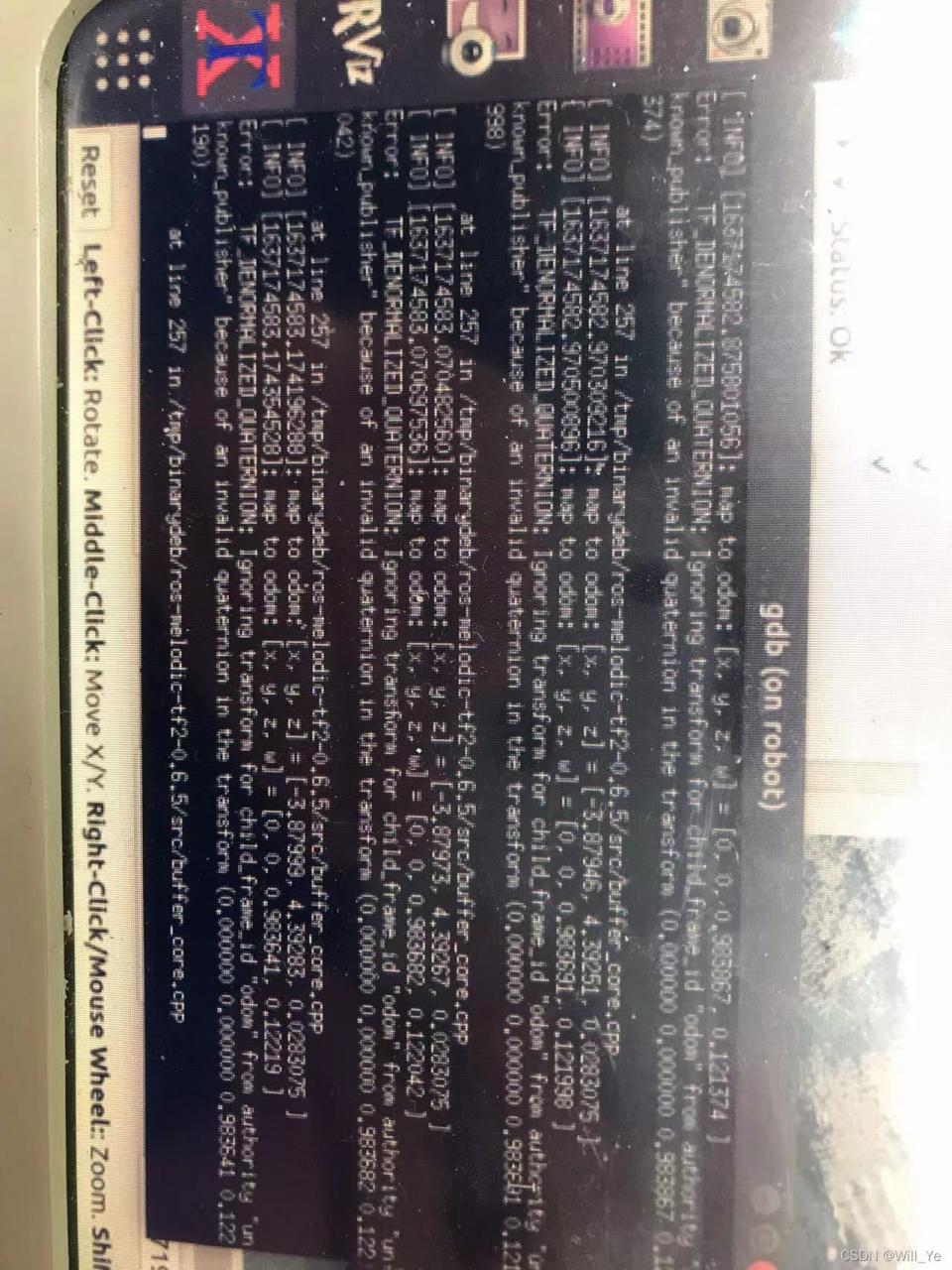1. For fixed length label and feature
Generate tfrecord data:
Multiple label samples, where the label contains 5
import os
import tensorflow as tf
import numpy as np
output_flie = str(os.path.dirname(os.getcwd()))+"/train.tfrecords"
with tf.python_io.TFRecordWriter(output_flie) as writer:
labels = np.array([[1,0,0,1,0],[0,1,0,0,1],[0,0,0,0,1],[1,0,0,0,0]])
features = np.array([[0,0,0,0,0,0],[1,1,1,1,1,2],[1,1,1,0,0,2],[0,0,0,0,1,9]])
for i in range(4):
label = labels[i]
feature = features[i]
example = tf.train.Example(features=tf.train.Features(feature={
"label": tf.train.Feature(int64_list=tf.train.Int64List(value=label)),
'feature': tf.train.Feature(int64_list=tf.train.Int64List(value=feature))
}))
writer.write(example.SerializeToString())
Parse tfrecord data:
import os
import tensorflow as tf
import numpy as np
def read_tf(output_flie):
filename_queue = tf.train.string_input_producer([output_flie])
reader = tf.TFRecordReader()
_, serialized_example = reader.read(filename_queue)
result = tf.parse_single_example(serialized_example,
features={
'label': tf.FixedLenFeature([5], tf.int64),
'feature': tf.FixedLenFeature([6], tf.int64),
})
feature = result['feature']
label = result['label']
return feature, label
output_flie = str(os.path.dirname(os.getcwd())) + "/train.tfrecords"
feature, label = read_tf(output_flie)
imageBatch, labelBatch = tf.train.batch([feature, label], batch_size=2, capacity=3)
with tf.Session() as sess:
sess.run(tf.global_variables_initializer())
coord = tf.train.Coordinator()
threads = tf.train.start_queue_runners(sess=sess, coord=coord)
print(1)
images, labels = sess.run([imageBatch, labelBatch])
print(images)
print(labels)
coord.request_stop()
coord.join(threads)
Output:
1
('----images: ', array([[0, 0, 0, 0, 0, 0],
[1, 1, 1, 1, 1, 2]]))
('----labels:', array([[1, 0, 0, 1, 0],
[0, 1, 0, 0, 1]]))
2. For variable length label and feature
Generate tfrecord
It is the same as the fixed length data generation method
import os
import tensorflow as tf
import numpy as np
train_TFfile = str(os.path.dirname(os.getcwd()))+"/hh.tfrecords"
writer = tf.python_io.TFRecordWriter(train_TFfile)
labels = [[1,2,3],[3,4],[5,2,6],[6,4,9],[9]]
features = [[2,5],[3],[5,8],[1,4],[5,9]]
for i in range(5):
label = labels[i]
print(label)
feature = features[i]
example = tf.train.Example(
features=tf.train.Features(
feature={'label': tf.train.Feature(int64_list=tf.train.Int64List(value=label)),
'feature': tf.train.Feature(int64_list=tf.train.Int64List(value=feature))}))
writer.write(example.SerializeToString())
writer.close()
Parsing tfrecord
The main changes are:
tf.VarLenFeature(tf.int64)
Unfinished to be continued
Common errors:
When the defined label dimension is different from the dimension during parsing, an error will be reported as follows:
Details of error reporting:
tensorflow.python.framework.errors_impl.InvalidArgumentError: Name: <unknown>, Key: label, Index: 0. Number of int64 values != expected. Values size: 1 but output shape: [3]
The size of the label is 1, but when used, it exceeds 1
Solution: when generating tfrecord, the length of label should be the same as that during parsing.
